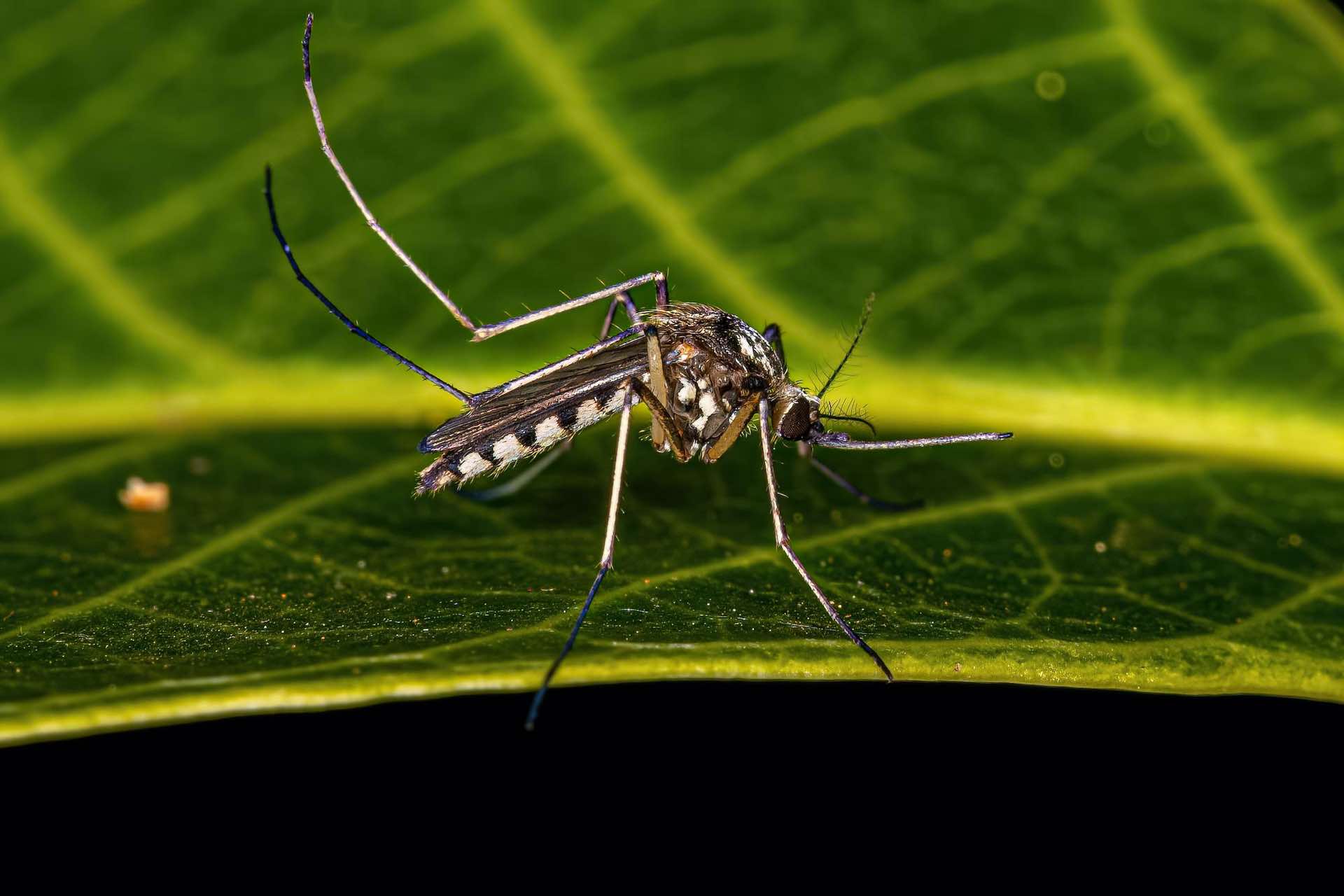A new study in Africa has found that a one-time dose of an experimental drug protects adults against malaria for at least six months. In 2020, malaria killed more than 620,000 people and sickened 241 million, mostly children under 5. There is a malaria vaccine being rolled out by the World Health Organization for children, but it is only 30% effective and requires four doses.
 In this new study, people received a large dose of lab-made malaria-fighting antibodies instead of relying on the immune system to make enough of those same infection-blockers after vaccination, reported the Associated Press (AP). “There are not enough people protected by the vaccine available,” said Kassoum Kayentao, a researcher from the University of Sciences, Techniques and Technologies in Bamako, Mali.
In this new study, people received a large dose of lab-made malaria-fighting antibodies instead of relying on the immune system to make enough of those same infection-blockers after vaccination, reported the Associated Press (AP). “There are not enough people protected by the vaccine available,” said Kassoum Kayentao, a researcher from the University of Sciences, Techniques and Technologies in Bamako, Mali.
In those villages, people are bitten by infected mosquitoes on average twice a day during malaria season, according to other research. Experimental antibody, developed by researchers at the US National Institutes of Health, was delivered by IV. In the meantime, an easy-to-administer shot version from the same scientists is in early testing in infants, children, and adults.
Research presented at a medical meeting in Seattle was published Monday in the New England Journal of Medicine. In order to work, the antibody breaks the life cycle of the parasite, which is spread through mosquito bites. It targets immature parasites before they mature and multiply in the liver. An antibody taken from a volunteer who received a malaria vaccine was used to develop it.
It involved 330 adults in Mali who received either a dummy infusion or two different antibody doses. Every two weeks for 24 weeks, all were tested for malaria infection. Treatment was provided to anyone who became ill. A blood test detected infections in 20 people who received the higher dose, 39 people who received the lower dose, and 86 people who received the placebo. Compared to the placebo, the higher dose was 88% effective. There was a 75% effectiveness rate for the lower dose.
During a malaria season, protection might last for several months. In the future, it could be used in conjunction with other malaria prevention methods, such as malaria pills, mosquito nets, and vaccinations. According to one estimate, lab-made antibodies could be given for as little as $5 per child per malaria season.
